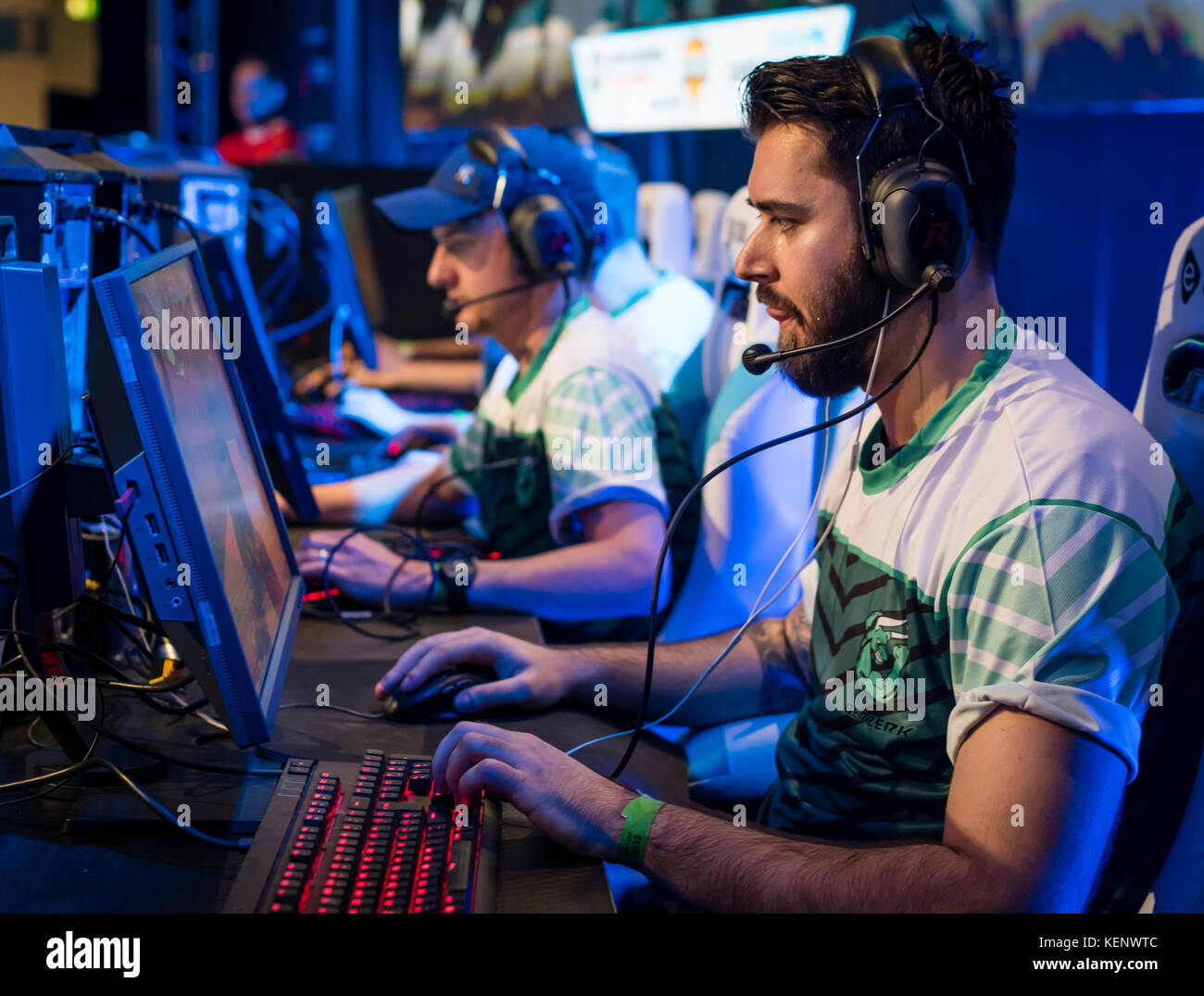Chunai Updates
Your go-to source for the latest news and insights.
CS:GO Esports: More Than Just a Game, It's a Global Movement
Discover how CS:GO esports has evolved into a global phenomenon, shaping culture, community, and competition beyond mere gaming. Join the movement!
The Evolution of CS:GO Esports: From Casual Play to Global Tournaments
The landscape of CS:GO esports has undergone a remarkable transformation since its inception. Initially launched as a casual game, Counter-Strike: Global Offensive quickly gained traction among gaming enthusiasts due to its competitive nature and complex mechanics. As players honed their skills, informal tournaments began to sprout, showcasing talent on a smaller scale. However, it wasn't long before the demand for organized competition led to the establishment of more structured leagues and tournaments, paving the way for professional play. Notable early tournaments, like ESL One and the DreamHack series, began to attract attention and sponsorship, underscoring the growing popularity of CS:GO as a competitive title.
Today, CS:GO esports is a global phenomenon, with events drawing millions of viewers and substantial prize pools. Major tournaments like The International have elevated the game to new heights, with teams from around the world competing for the championship title and a share of staggering prizes. Organizations such as Team Liquid and FaZe Clan have become household names, supported by fervent fan bases and extensive media coverage. As CS:GO esports continues to evolve, it serves not only as a platform for entertainment but also as a cultural movement that unites gamers across the globe.

Counter-Strike is a highly popular first-person shooter game that has captivated millions of players worldwide. The latest installment, often referred to as CS2, introduces new features and maps that enhance the gameplay experience. For more information on cs2 maps, players can explore various strategies and tactics to improve their skills.
The Impact of CS:GO on the Gaming Community: A Closer Look
Counter-Strike: Global Offensive (CS:GO) has significantly shaped the gaming community since its release in 2012. This competitive first-person shooter has not only set new standards for multiplayer gaming but has also created a vibrant ecosystem around esports. With millions of players logging on daily, the game has fostered a global community where players from diverse backgrounds come together to compete, strategize, and socialize. The rise of CS:GO has led to the emergence of professional leagues, numerous tournaments, and an entire industry focused on competitive play, showcasing the cultural impact the game has had on the gaming landscape.
Moreover, CS:GO has influenced game design and player engagement in profound ways. Its emphasis on team-based tactics and skill-based progression has inspired developers to create similar competitive experiences, enriching the industry with innovative titles. The game's mechanics, such as the economy system and weapon skins, have also paved the way for new monetization strategies in gaming. The thriving CS:GO community continues to engage in discussions, strategy guides, and fan content, showcasing an enduring passion that remains unmatched in many other gaming communities.
How CS:GO Esports is Shaping the Future of Competitive Gaming
CS:GO Esports has emerged as a monumental force in the realm of competitive gaming, shaping the future of the industry in unprecedented ways. With its strategic gameplay, intricate mechanics, and a dedicated fan base, CS:GO has established itself as a benchmark for esports titles. Players compete not just for glory, but for substantial prize pools, sponsorships, and career opportunities. This evolution encourages a new generation of gamers, as more individuals aspire to make a name for themselves within the esports ecosystem.
The impact of CS:GO esports is largely driven by its community and the infrastructure built around it, including tournaments, streaming platforms, and fan engagement initiatives. Events like ESL One and the cs_summit have attracted millions of viewers worldwide, showcasing the game's potential as a lucrative spectator sport. Furthermore, as technologies like virtual reality and augmented reality continue to advance, the future of competitive gaming will likely see even more innovative adaptations to the traditional esports format, with CS:GO leading the charge.